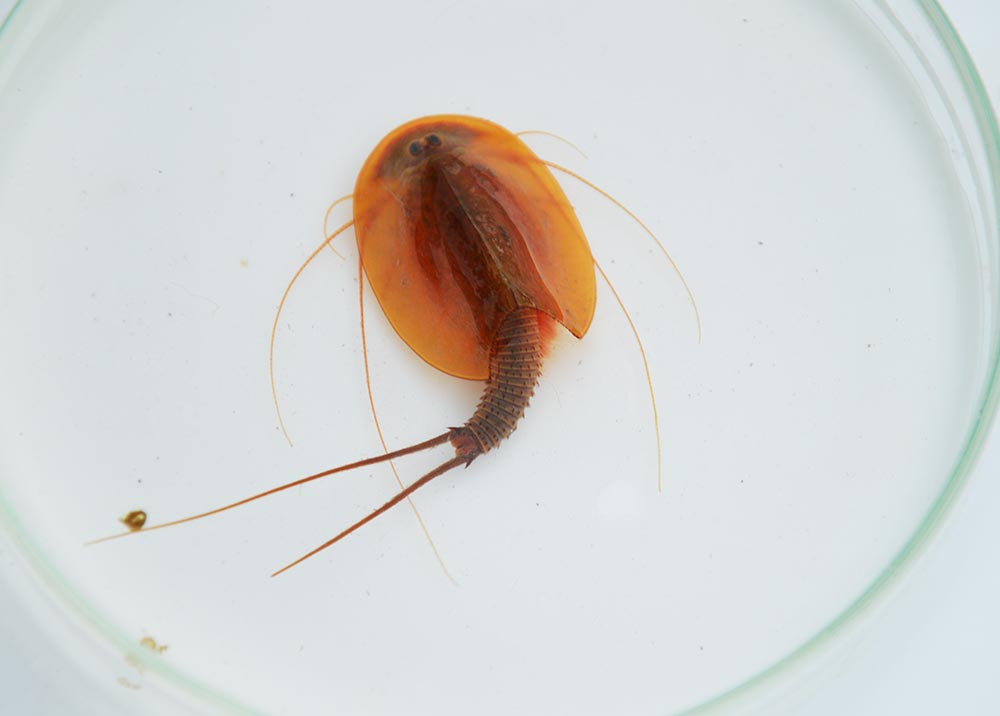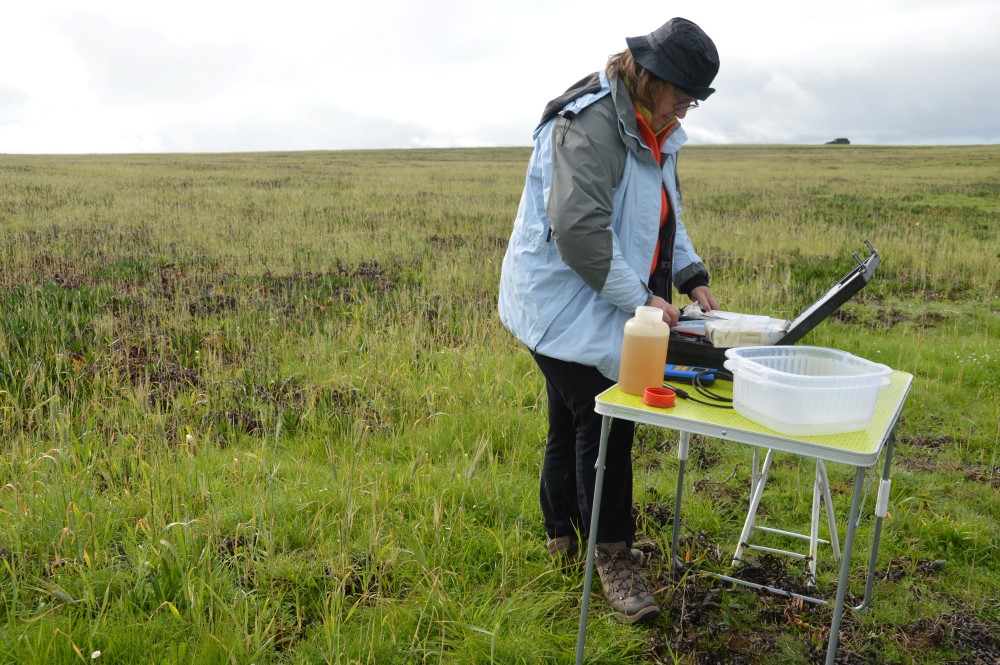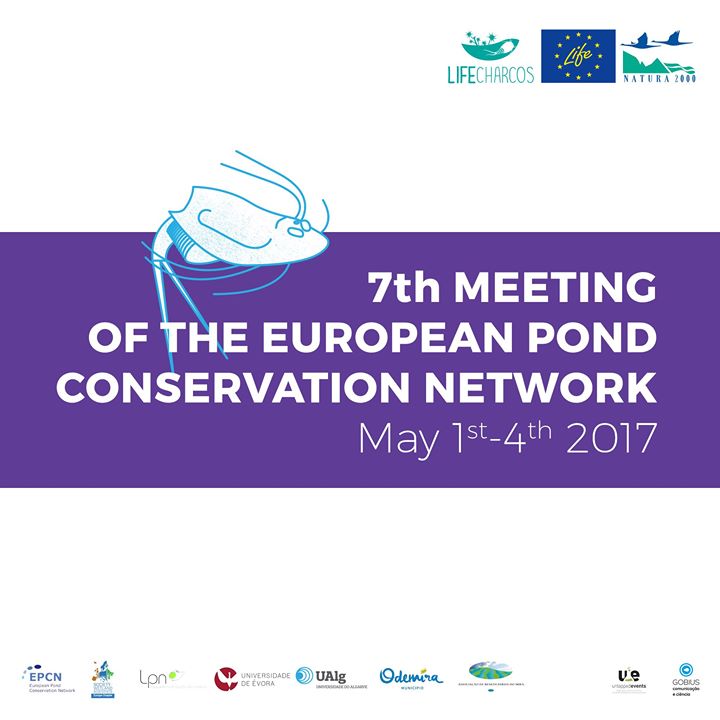
O 7th Meeting of the European Pond Conservation Network (European Pond Conservation Network – EPCN), as well as the LIFE International Symposium on Conservation of Temporary Mediterranean Ponds, will take place from 1 to 4 May, at the University of Algarve's Campus de Gambelas, in Faro. The generic theme will be “The ponds in a changing world”.
The occasion will also serve to promote, at UAlg, from 4 to 6 May, the 12th Annual Meeting of the European Chapter of the Society of Wetlands Scientists (Society of Wetland Scientists - SWS European Chapter), whose theme will be “Sustainable wetland management. Exploring New Approaches in Water Management; Biodiversity and conservation; restoration; control of pollution and climate change”.
However, the first phase of registration protocols for EPCN Workshop + LIFE Charcos Seminar and also at the Meeting of SWS European Chapter ends on February 28th. THE late registration will run between March 1st and April 15th. There are different values for students in both periods.
All these initiatives they are coordinated by Professor Margarida Cristo, from the University of Algarve, who is also one of those responsible for the LIFE+ project for the Conservation of Temporary Mediterranean Ponds, em course in the areas of the Natural Park of Sudoeste Alentejano and Costa Vicentina, especially in the municipalities of Odemira and Vila do Bispo, in an initiative of the League for the Protection of Nature and the Universities of the Algarve and Évora.
The meetings have as sponsors the gobius, Algarve company specializing in science and environmental communication, and Bio Pools, specializing in biological pools.

O Sul Informação spoke with researcher Margarida Cristo, who explained the framework and importance of these three events:
Sul Informação: What is the reason for organizing this European Meeting at the University of Algarve?
Daisy Christ: LIFE+ projects always have a great dissemination and education component. In fact, one of the actions of the LIFE Charcos project is the holding of a final seminar, which is part of the national and international dissemination policy of the results of this project.
In this action, it is clear that this seminar could be associated with the EPCN meeting (European Pond Conservation Network), a proposal that was accepted by the members of this network.
As the University of Algarve is one of the partners of this LIFE Charcos project, this entity was left with this task, as there are good logistical, climatic and tourist conditions here to host this type of international meetings.
At the last European SWS meeting (Society of Wetland Scientists), in Potsdam, where a communication was presented on the results of the LIFE Charcos project, we proposed that the 2017 meeting be associated with the EPCN+LIFE Charcos meeting, in the Algarve, which was accepted by the direction of the SWS European Chapter.
Thus, we will effectively have at the University of Algarve, two major international meetings with intersecting themes.
SI: What will you debate? What themes?
MC: The theme of the EPCN + LIFE Ponds meeting is «Pots in a changing world» and that of the European chapter of the SWS meeting «Sustainable wetland management – Exploring new approaches to water management, biodiversity conservation, restoration, pollution control and climate change". Clearly, these two great themes have points in common.
Regarding the EPCN + LIFE Charcos meeting, specific issues related to hydrogeology, biodiversity, challenges and experiences in conservation, management and LIFE Projects will be debated. As temporary ponds are threatened with destruction due to climate change and intensive land use, among other threats, these problems will be debated proposing management and conservation measures to preserve these very fragile natural environments.
SI: What news will this Meeting bring?
MC: We hope, at this meeting, to find ideas that will lead to the preservation of Mediterranean Temporary Ponds, a type of habitat protected by the Habitats Directive. The exchange of synergies between the various national and international institutions, academic or civil, is included in these events, as this is the only way to stop the destruction of these freshwater systems.
This integrated set of events also serves to present the various scientific advances on the theme of temporary ponds, which have had great development in the last 25 years.
Click here to read a complete article about the LIFE Charcos project.



















Comments